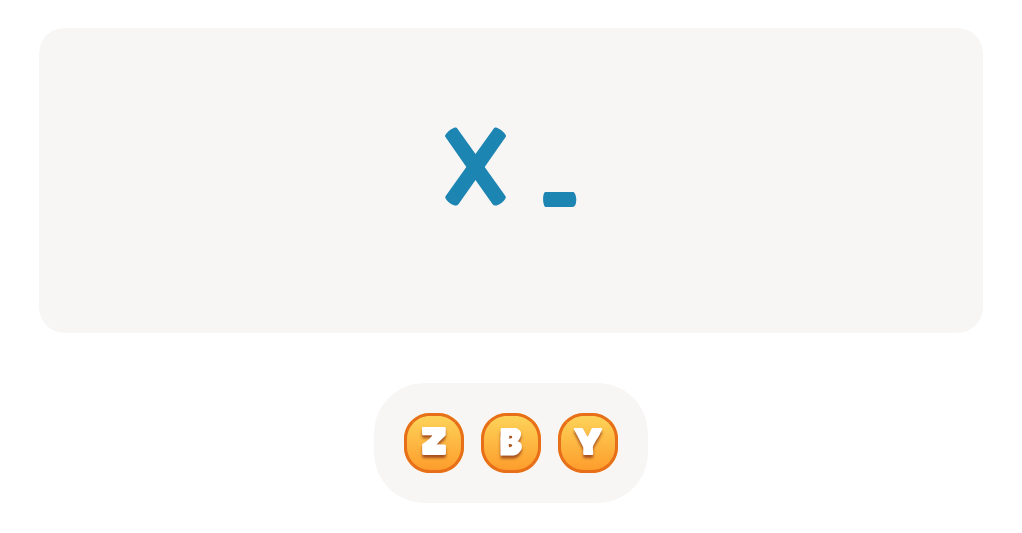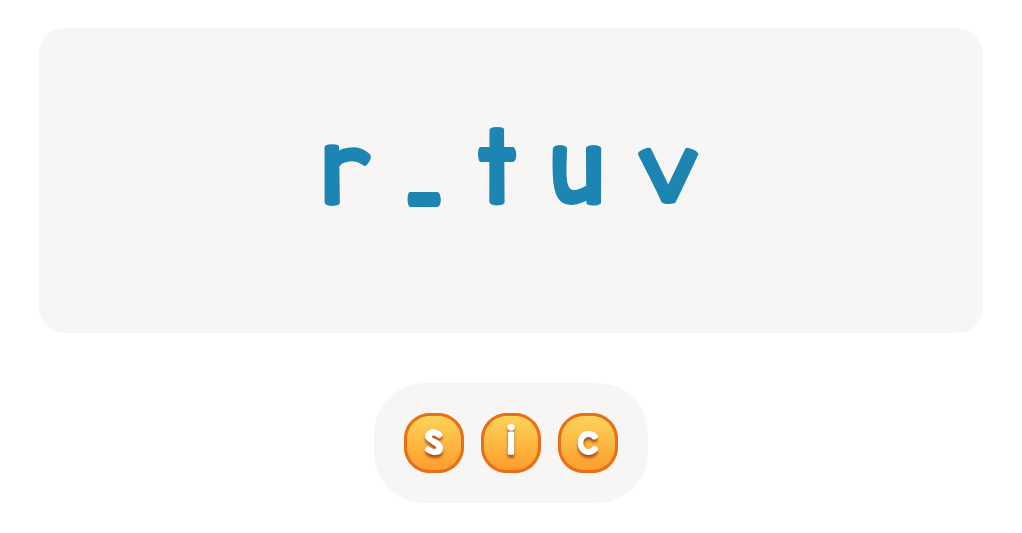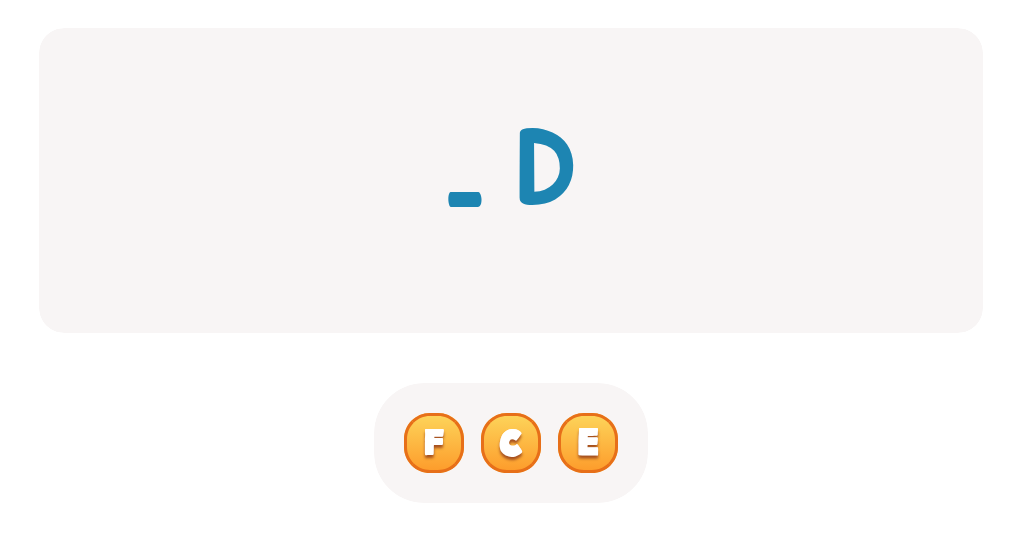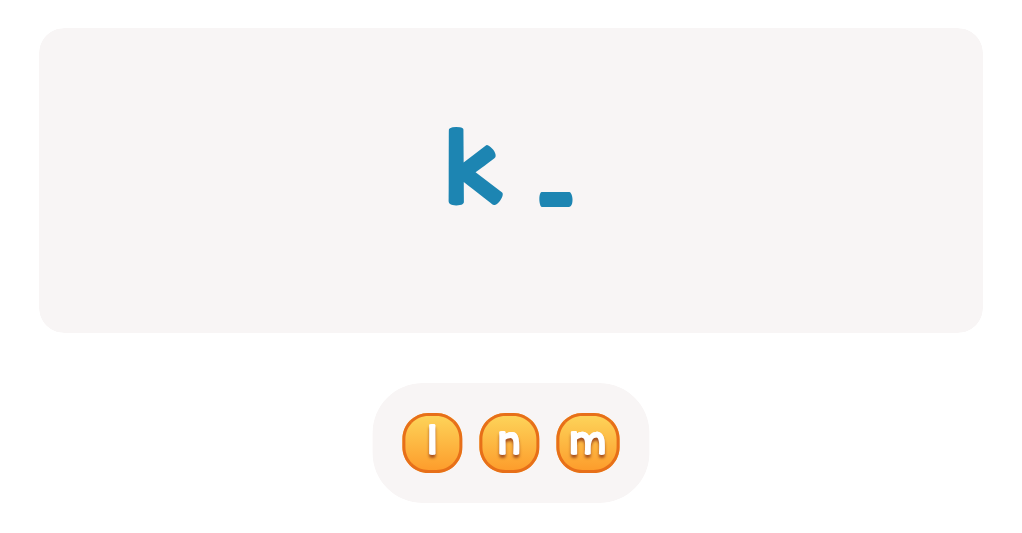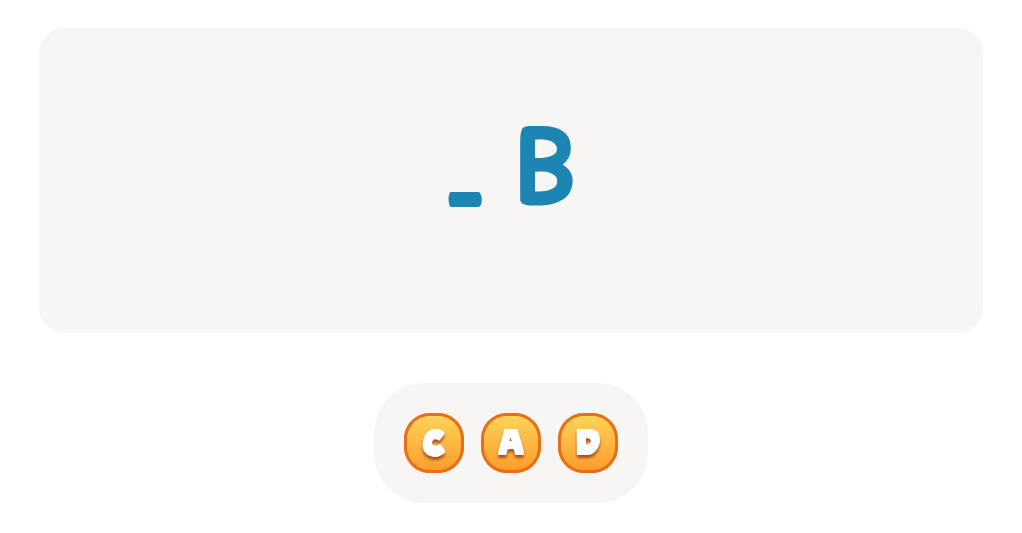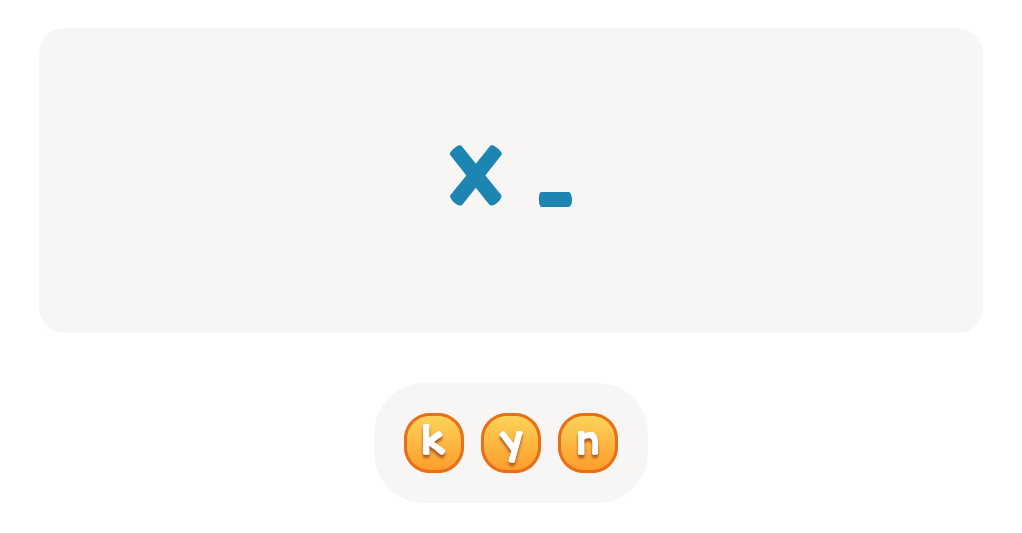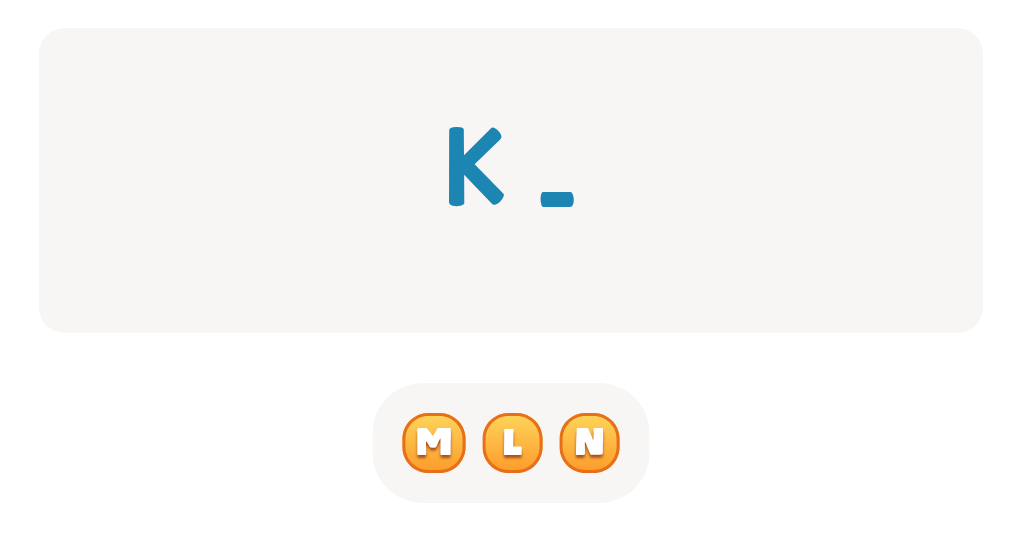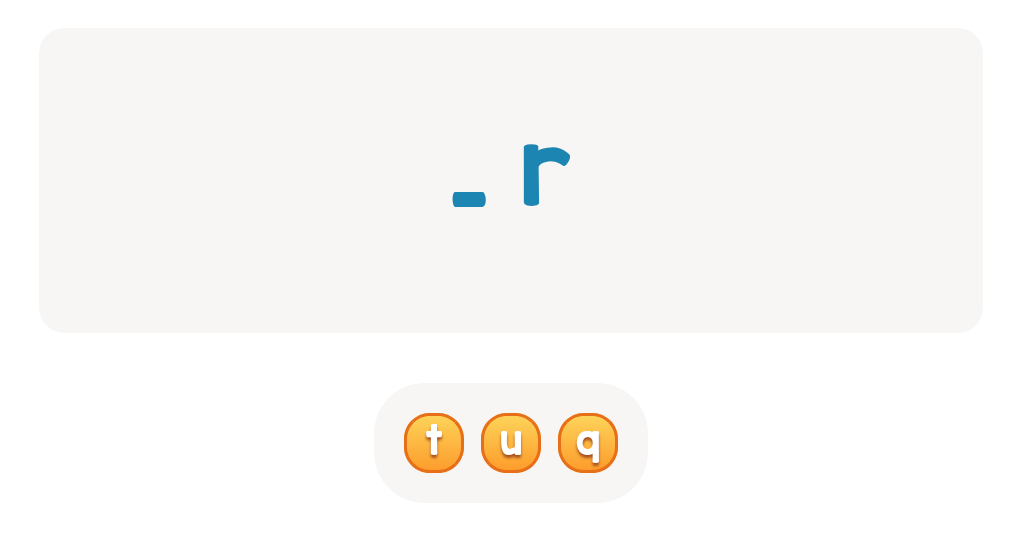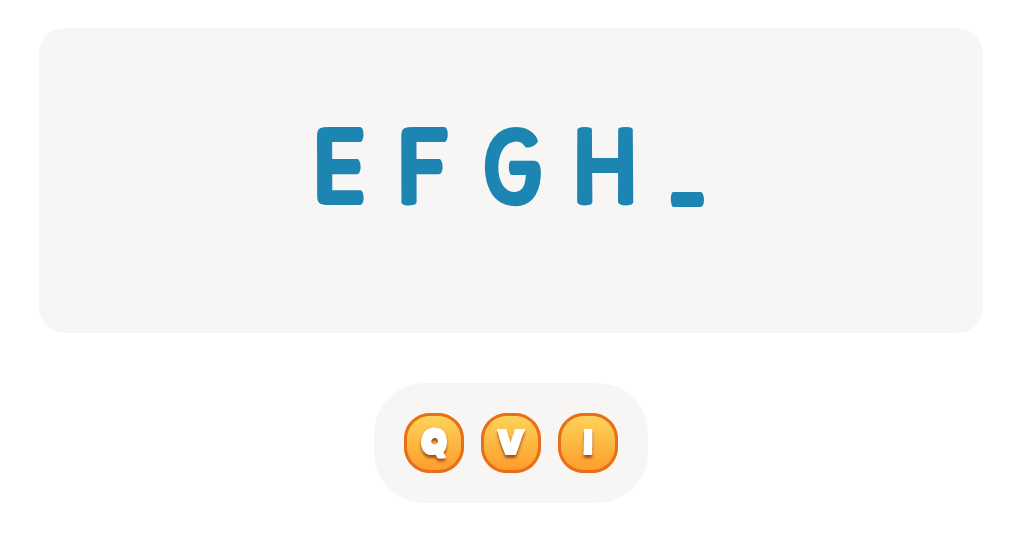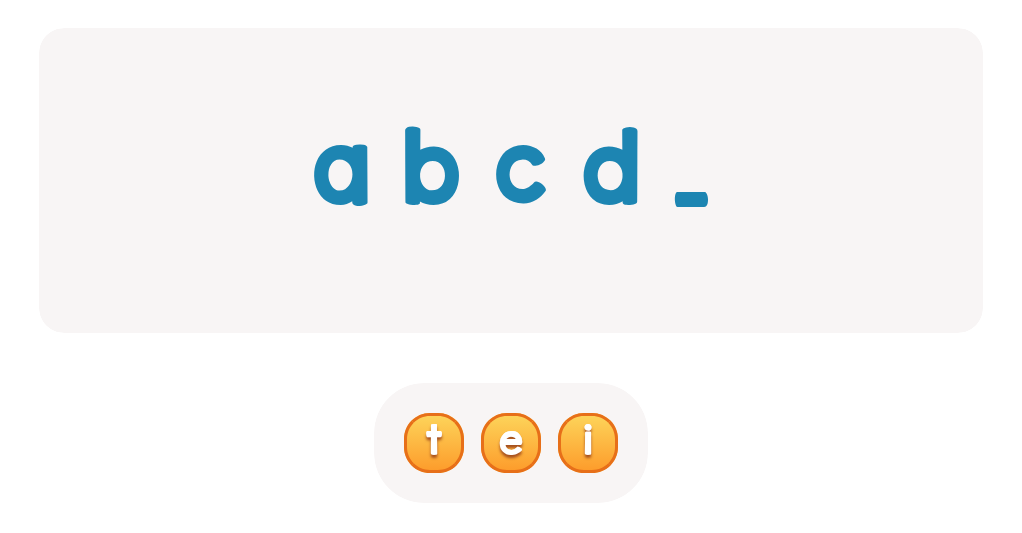Fine Motor Skills Upper & Lowercase Letters Worksheets for 4-Year-Olds
22 filtered results
-
From - To
Introduce your 4-year-old to the fascinating world of letters with our "Fine Motor Skills Upper & Lowercase Letters Worksheets." These engaging, hands-on worksheets are designed to develop your child's fine motor skills while they learn to identify and write both uppercase and lowercase letters. Perfectly suited for preschoolers, these activities provide a fun and educational foundation, ensuring they are ready for kindergarten. Each worksheet features tracing exercises, letter recognition tasks, and creative coloring opportunities that make learning enjoyable. Help your child master essential pre-writing skills effortlessly and confidently with our expertly crafted resources.
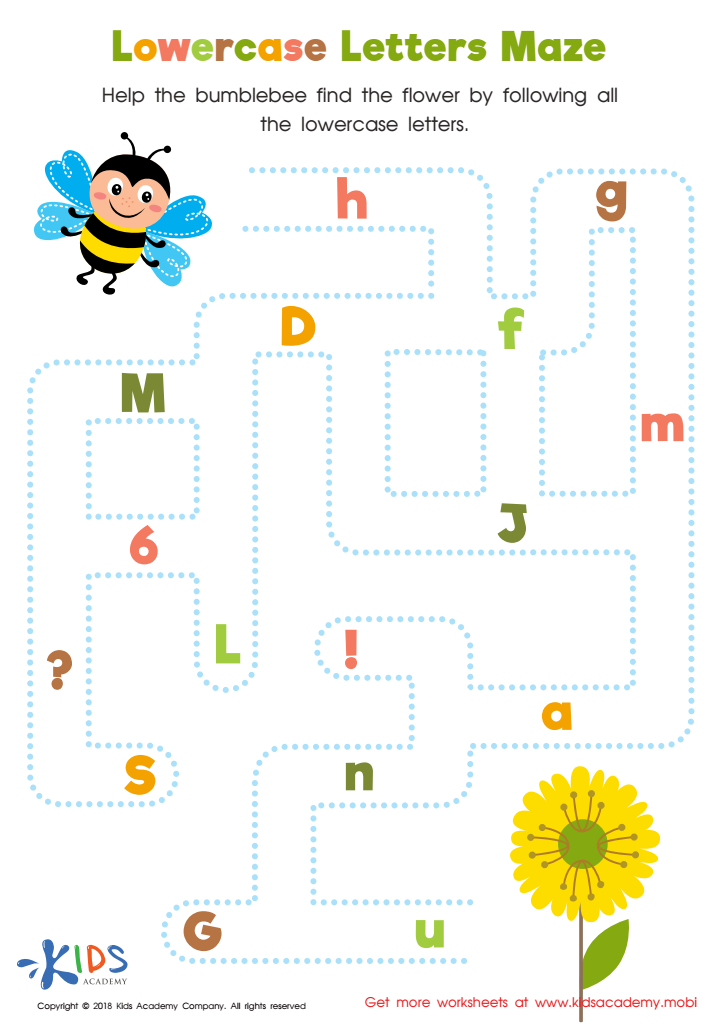

Lowercase Letters Maze Worksheet
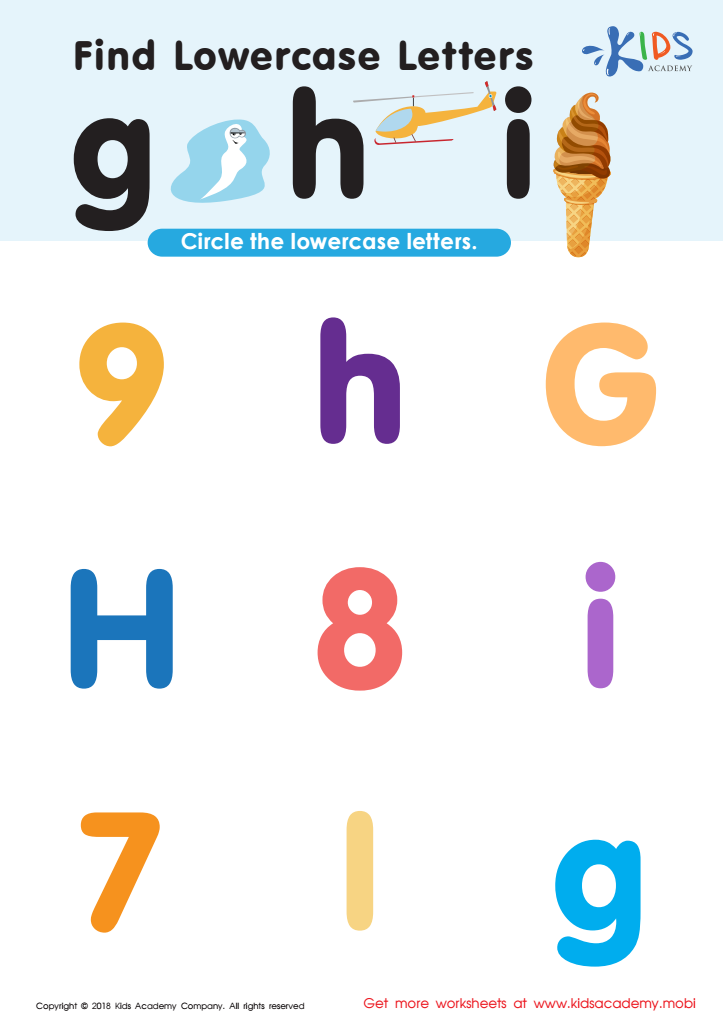

Find Lowercase Letters g h i Worksheet
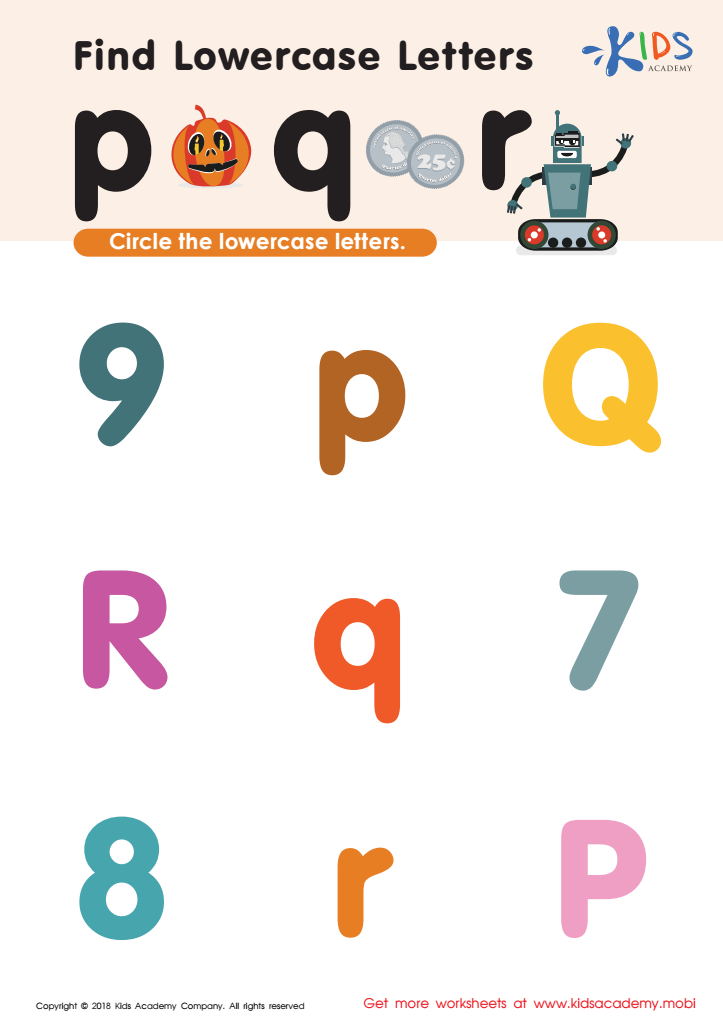

Find lowercase Letters p q r Worksheet
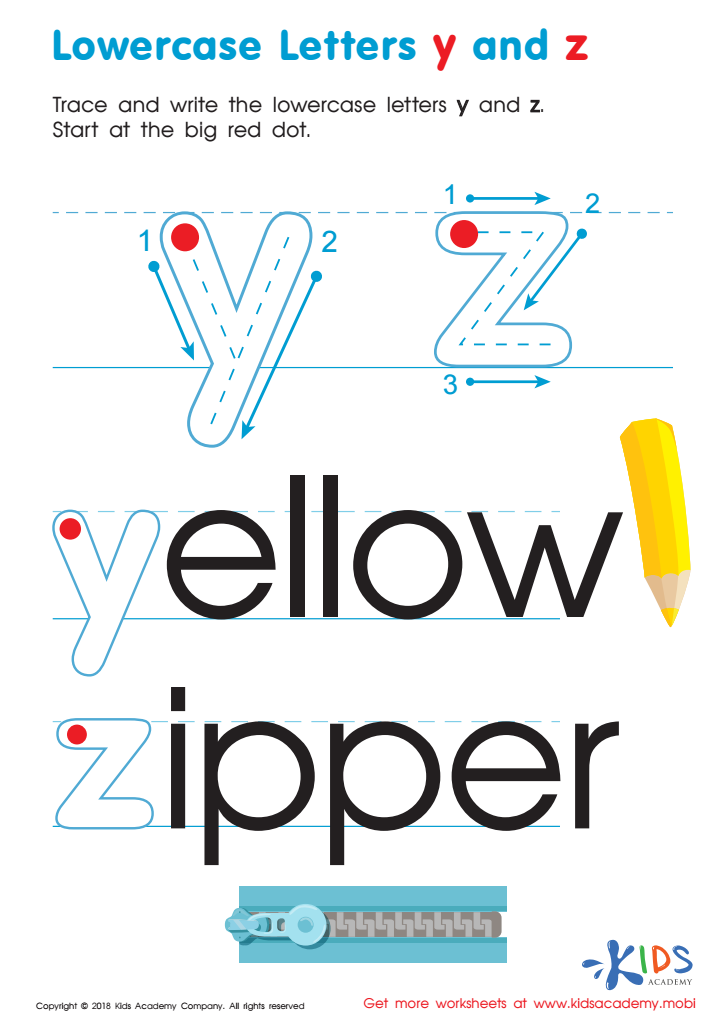

Lowercase Letters y z Worksheet
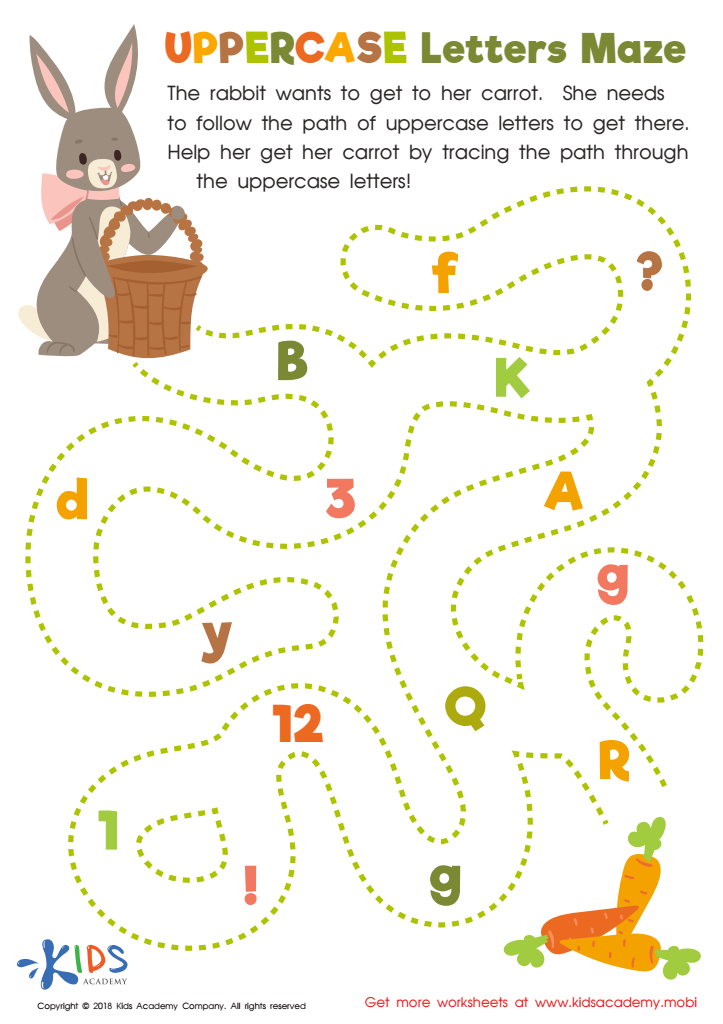

Uppercase Letters Maze Worksheet
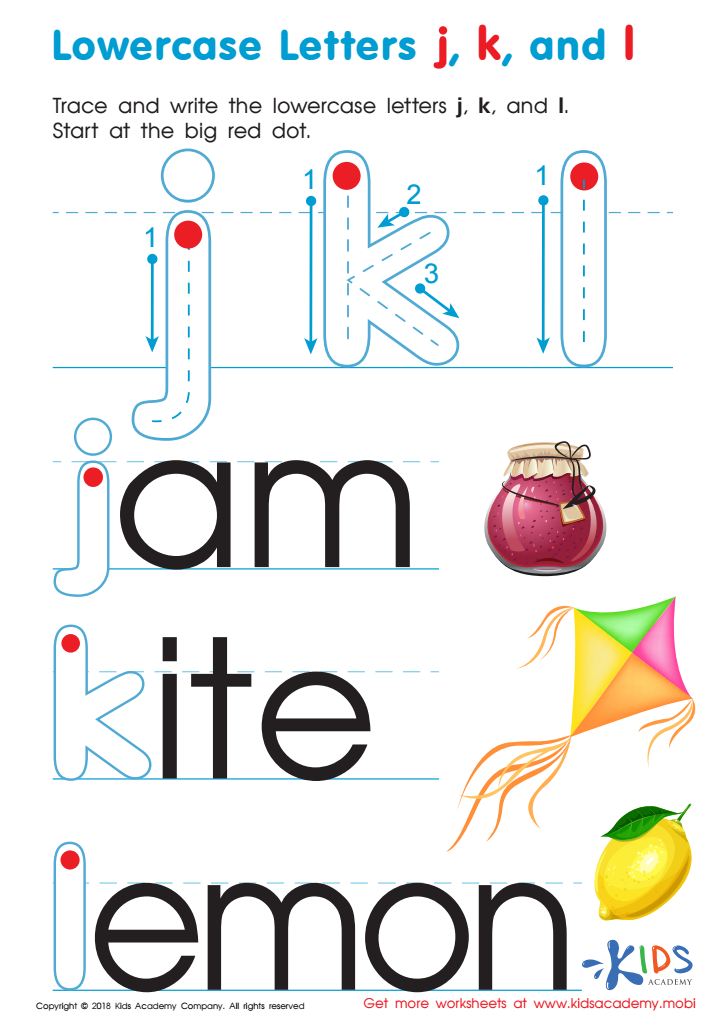

Lowercase Letters j k l Worksheet
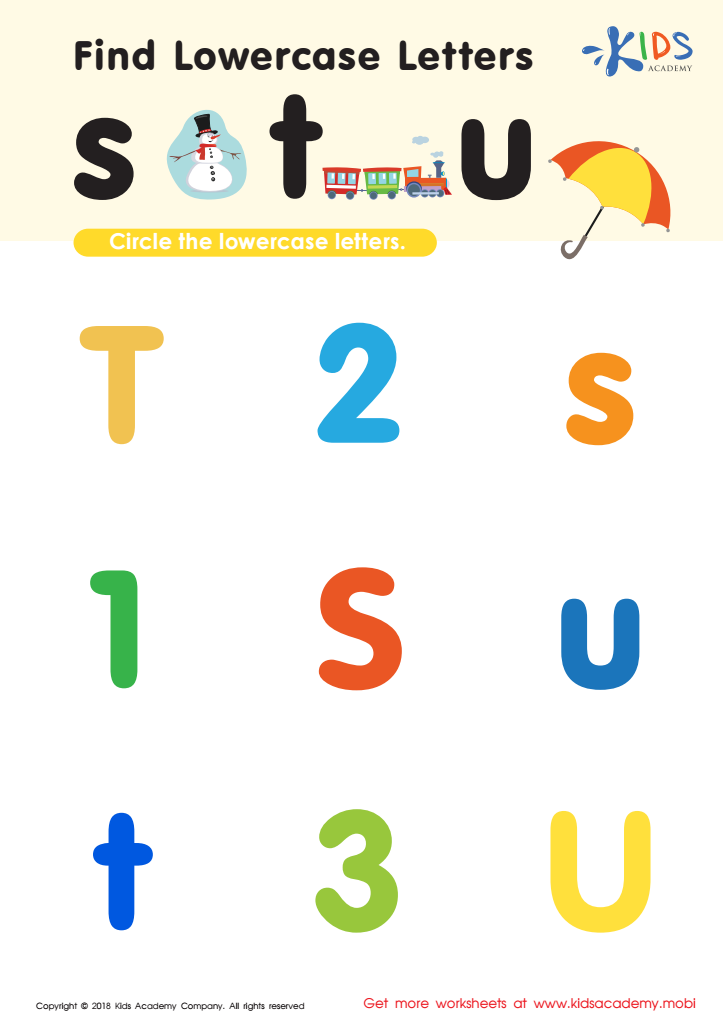

Find lowercase Letters s t u Worksheet
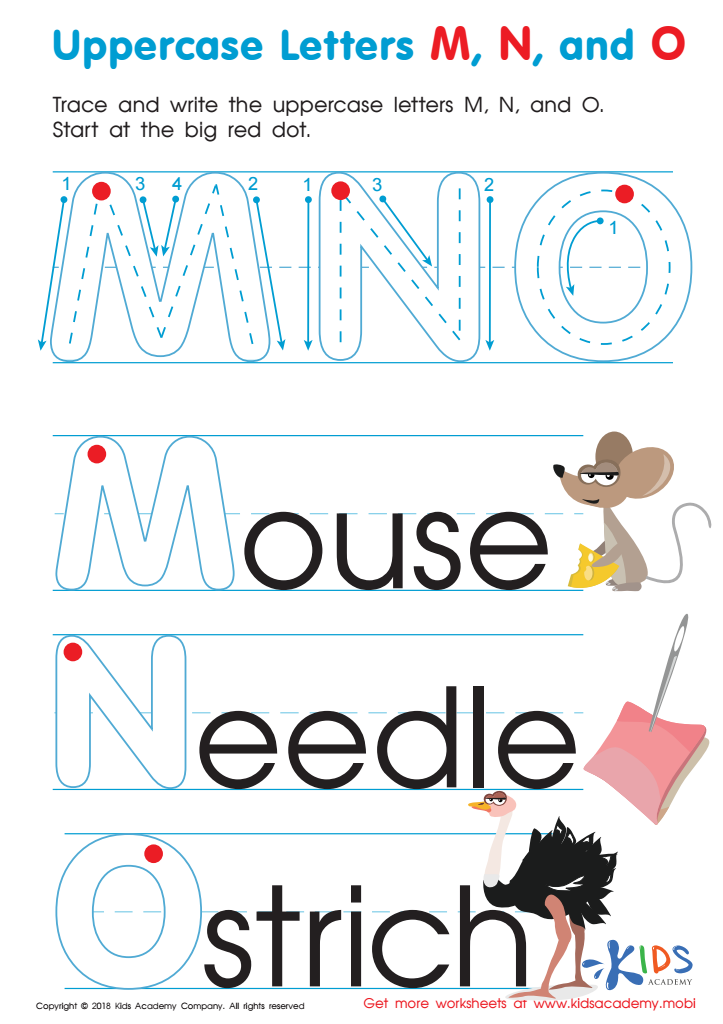

Uppercase Letters M, N, and O Worksheet
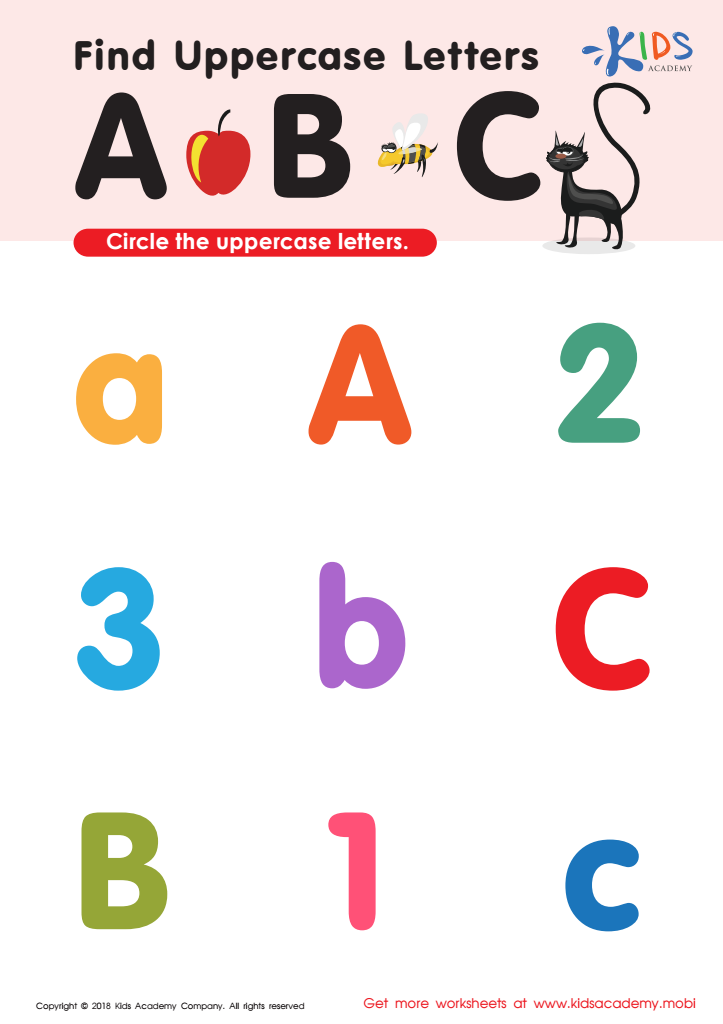

Find Uppercase Letters A, B, and C Worksheet
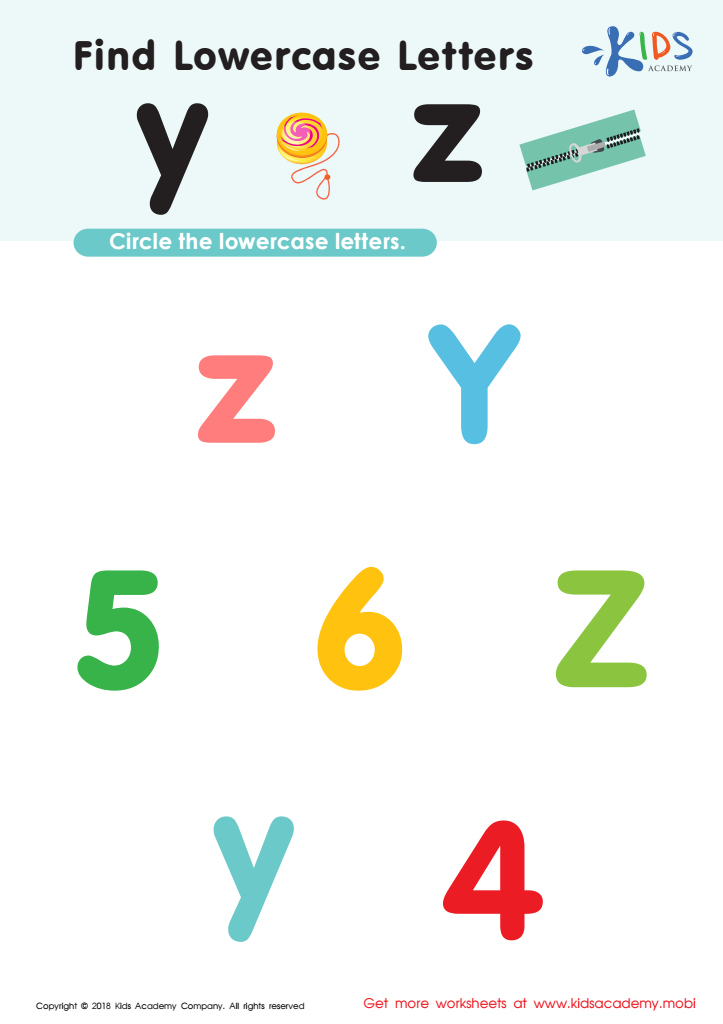

Find Lowercase Letters y z Worksheet
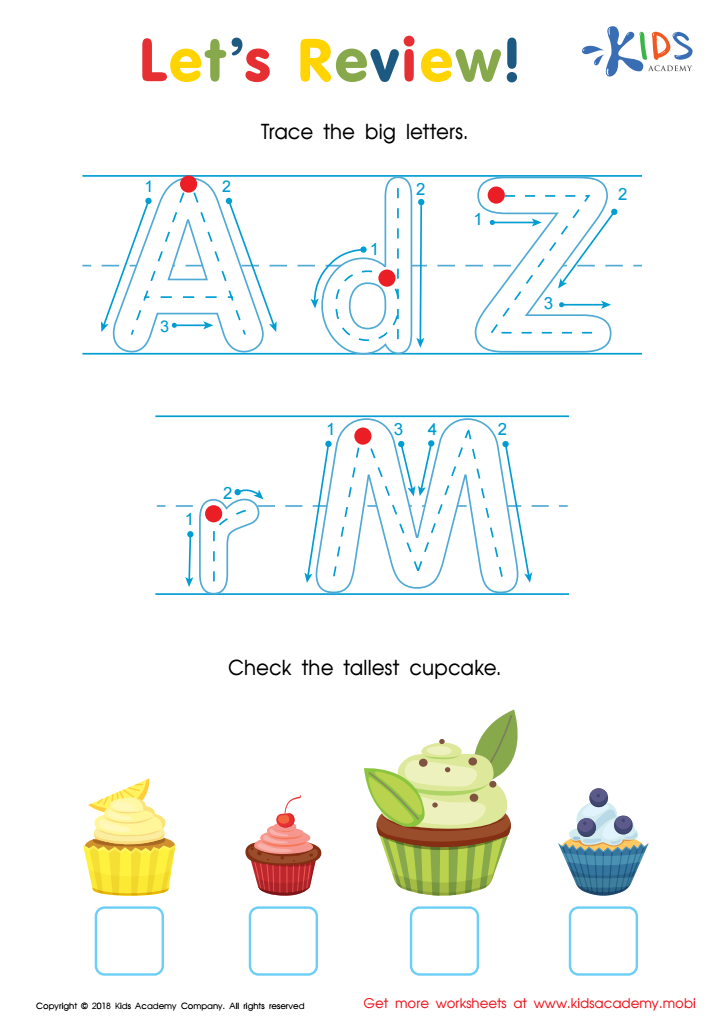

Let's Review! Big Letters Worksheet
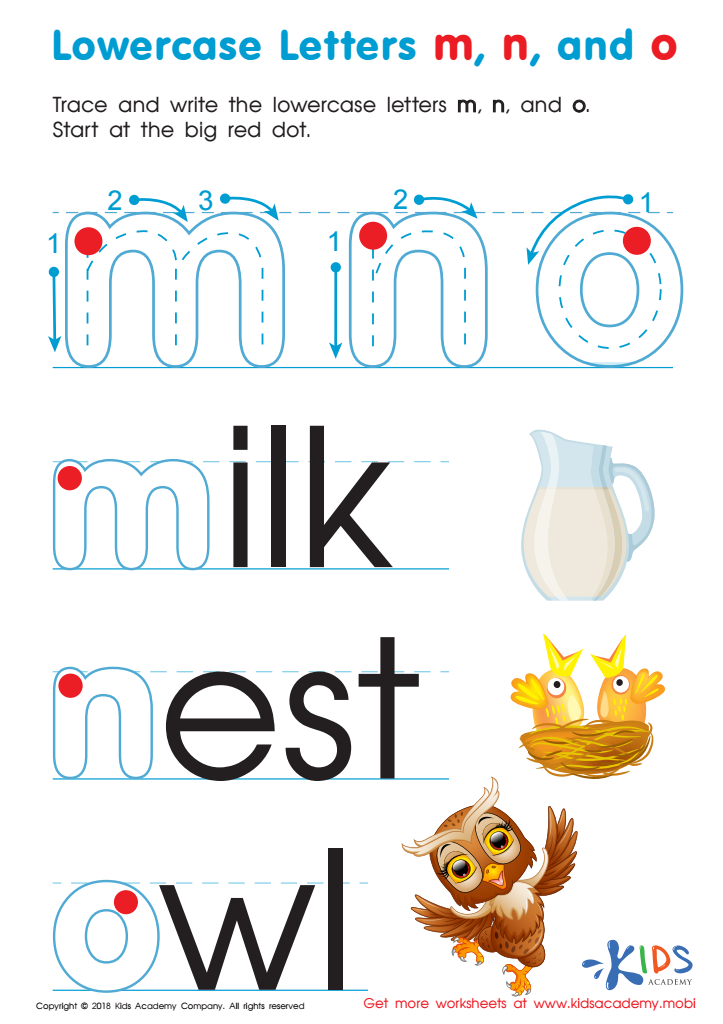

Lowercase Letters m n o Worksheet
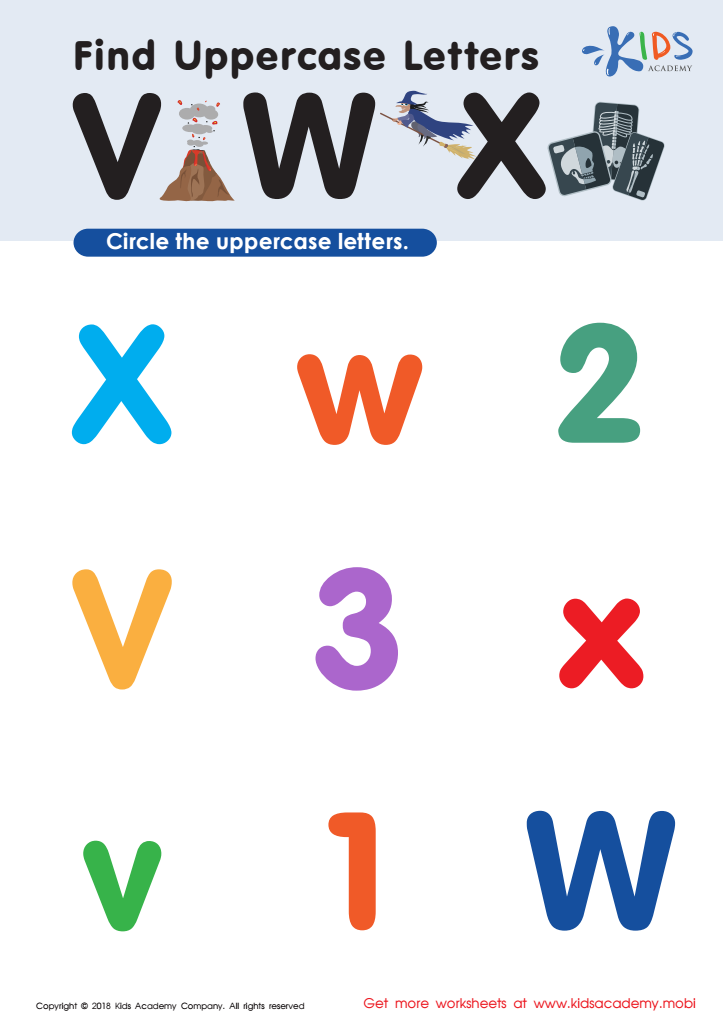

Find Uppercase Letters V, W, X Worksheet
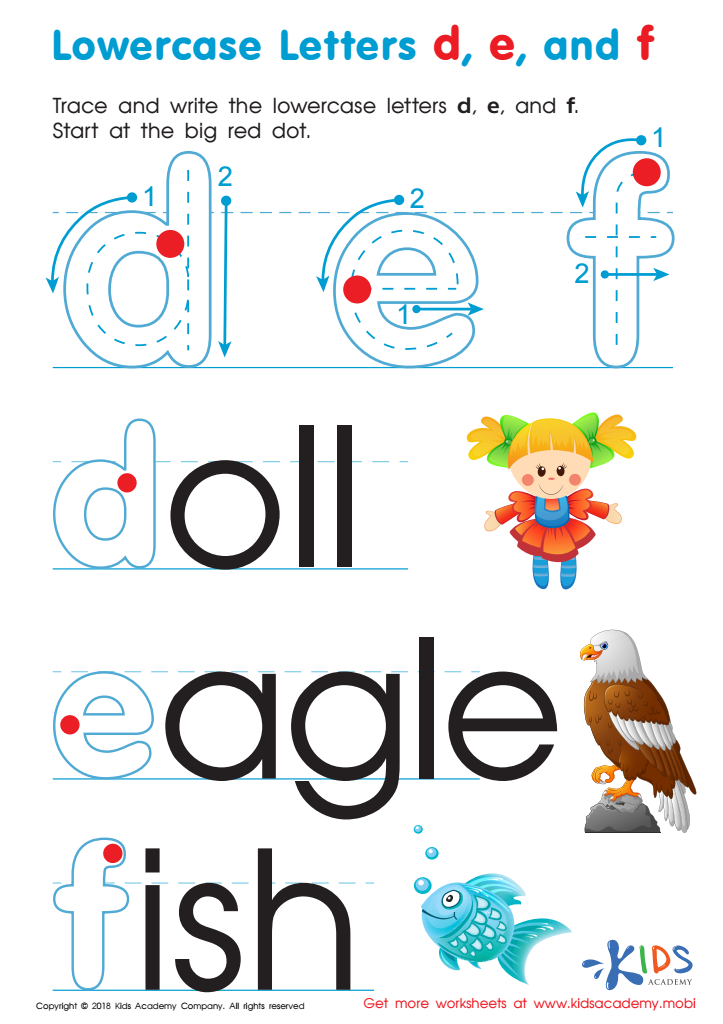

Lowercase Letters d e f Worksheet
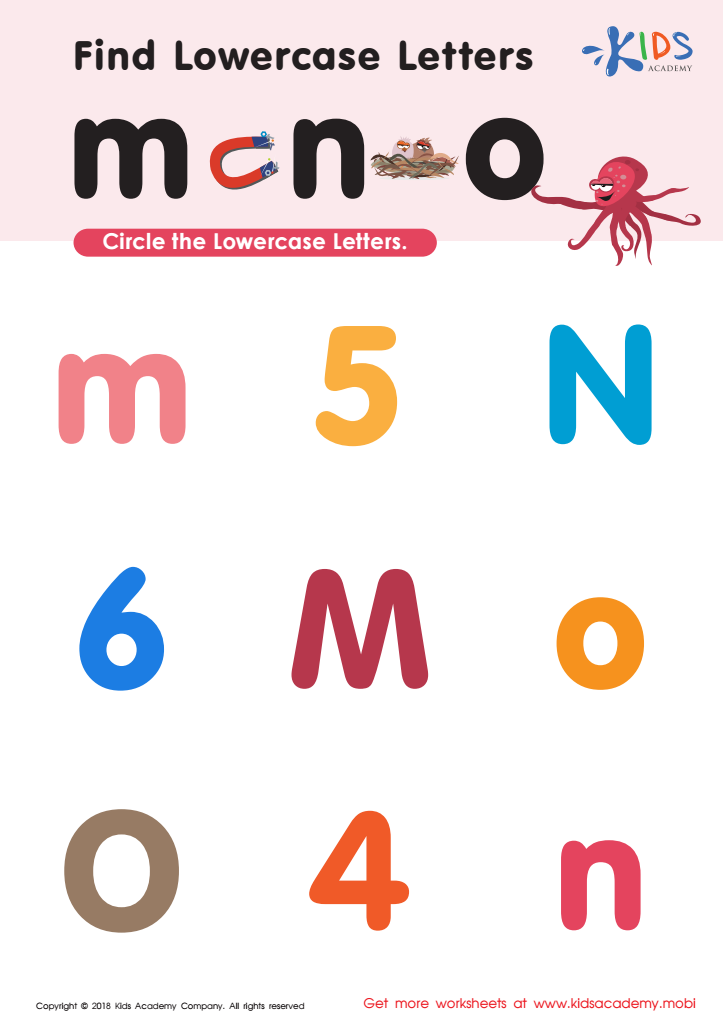

Find Lowercase Letters m n o Worksheet
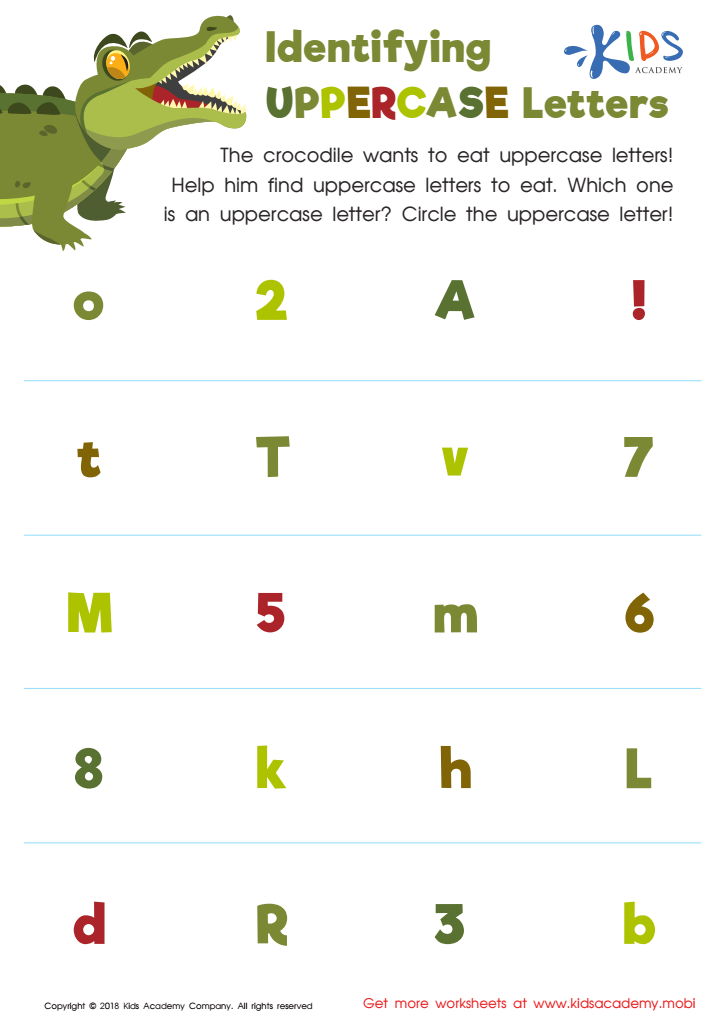

Identifying Uppercase Letters Worksheet
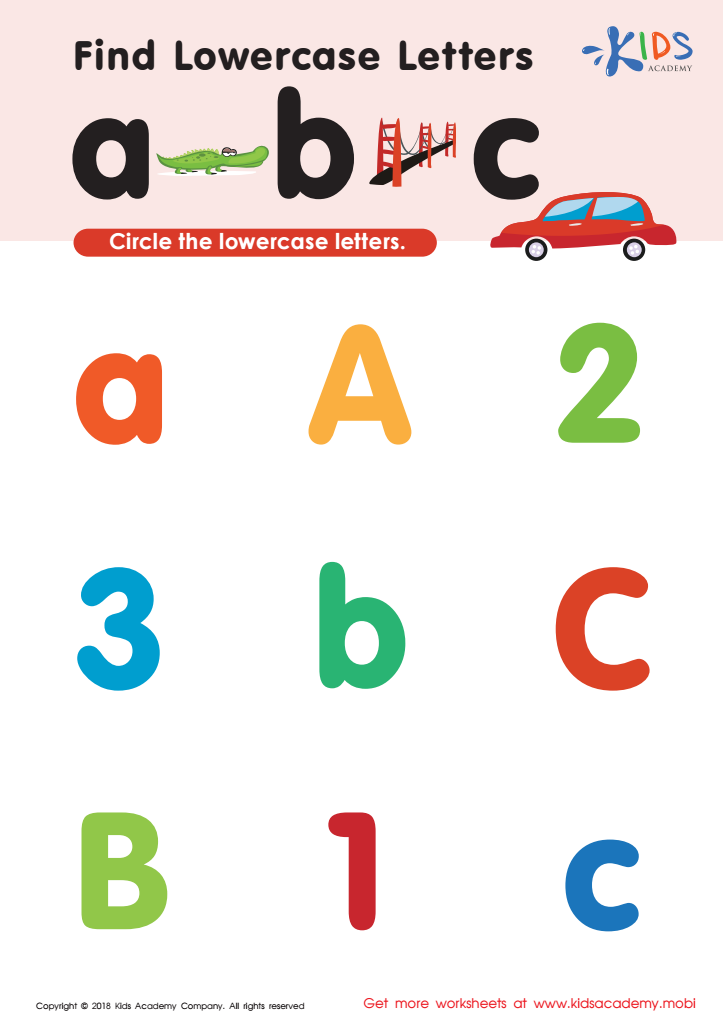

Find lowercase letters a b c Worksheet
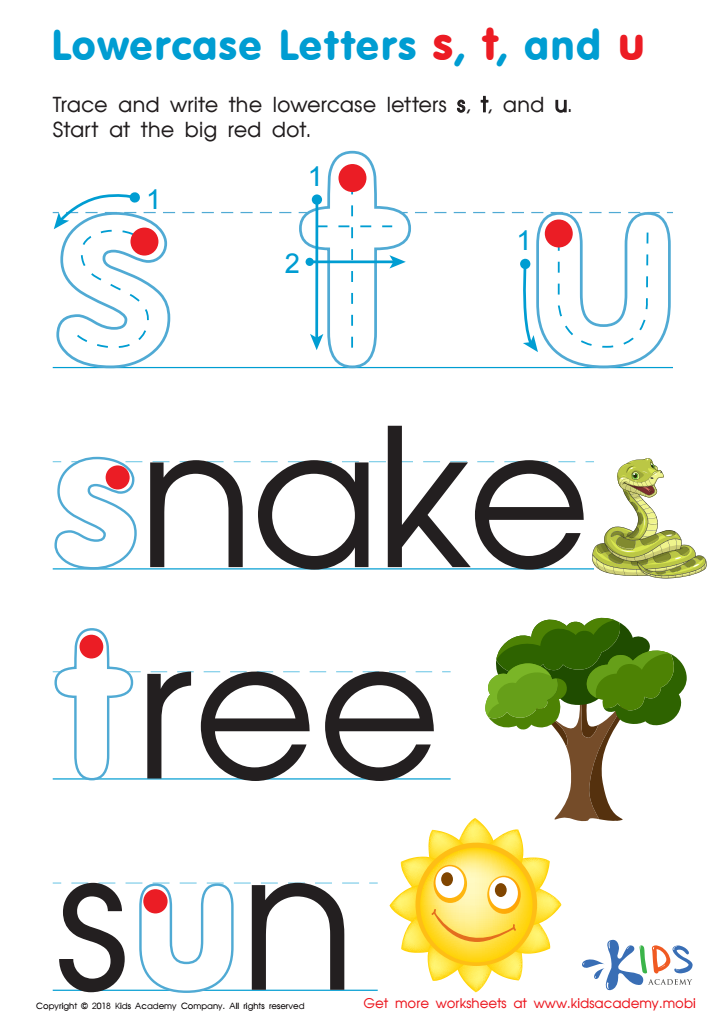

Lowercase Letters s t u Worksheet
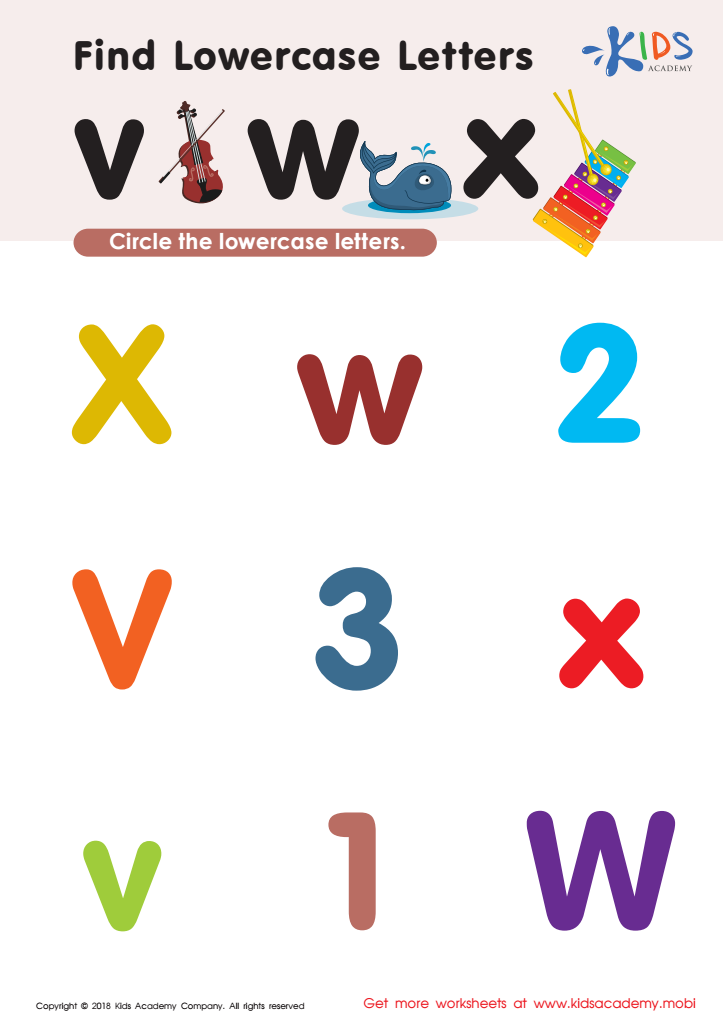

Find Lowercase Letters v w x Worksheet
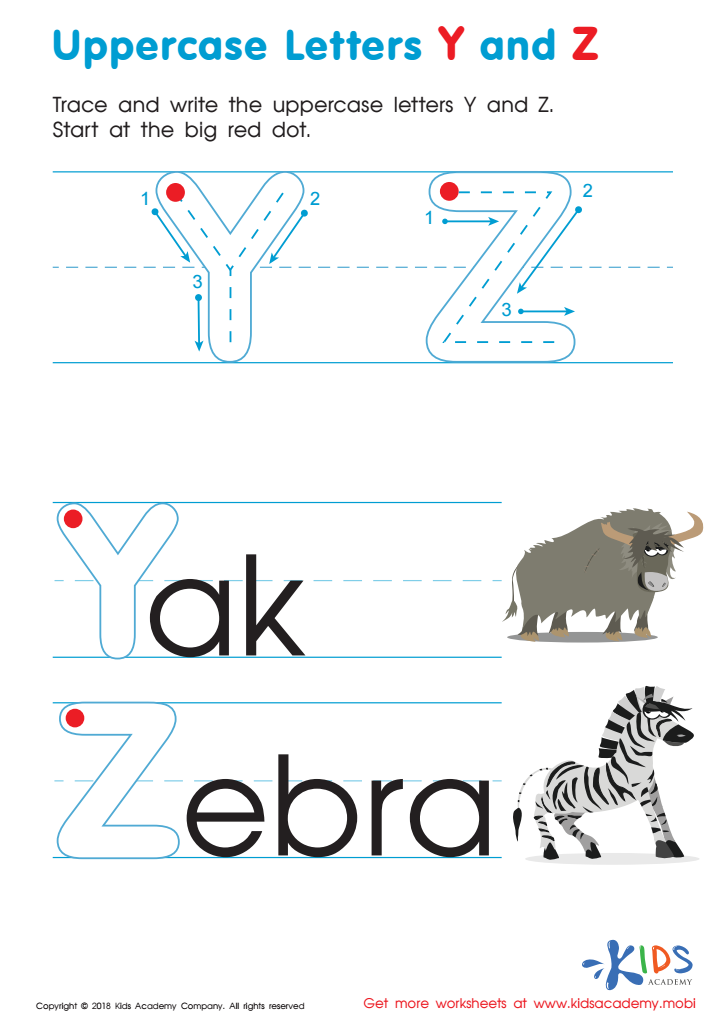

Uppercase Letters Y Z Worksheet
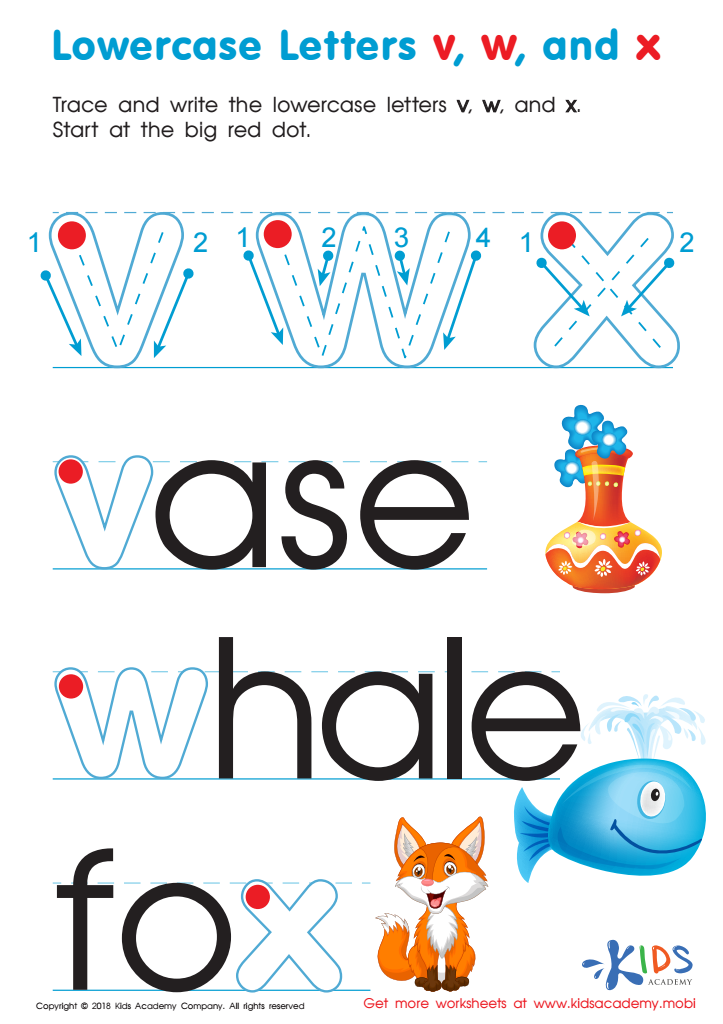

Lowercase Letters v w x Worksheet
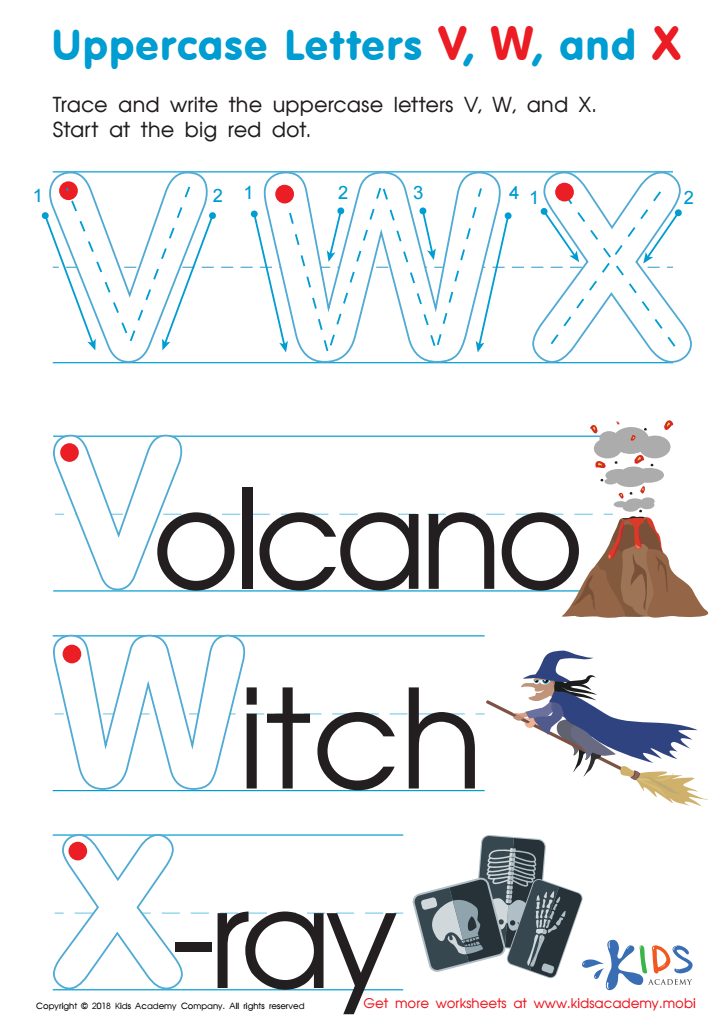

Uppercase Letters V, W, and X Worksheet
Fine motor skills are the small, precise movements required to coordinate bigger muscle groups, often involving hand-eye coordination, which is vital for 4-year-olds. Learning to write upper and lowercase letters plays a crucial role in this development. This practice not only helps children become proficient in writing but also reinforces other essential life skills and academic foundations.
Properly developed fine motor skills are crucial for everyday tasks such as buttoning clothes, tying shoelaces, and feeding themselves, promoting independence. For academic achievement, proficiency in writing letters enhances the ability to express ideas, enabling better communication and reinforcing literacy, a cornerstone for future academic success.
Additionally, writing exercises minimize frustrations and feelings of inadequacy that might arise from difficulty in performing daily and classroom activities. This helps elevate a child's confidence and willingness to engage in learning experiences.
Recognition of both upper and lowercase letters is fundamental for building reading skills. Writing them helps children recognize different letter forms in words, contributing to improved reading fluency and comprehension.
Engaging children in activities that build fine motor skills and letter recognition prepares them adequately for more complex tasks, laying a strong foundation for success in school and beyond. Therefore, prioritizing these aspects is indispensable for holistic child development.
 Assign to My Students
Assign to My Students
